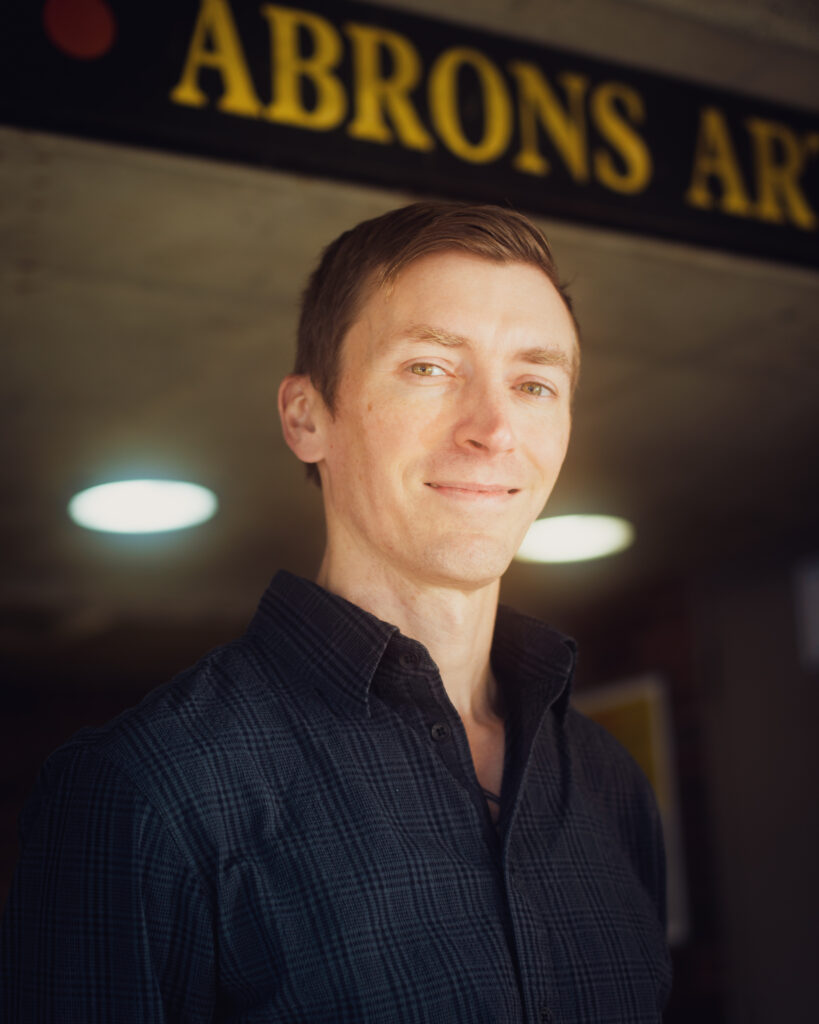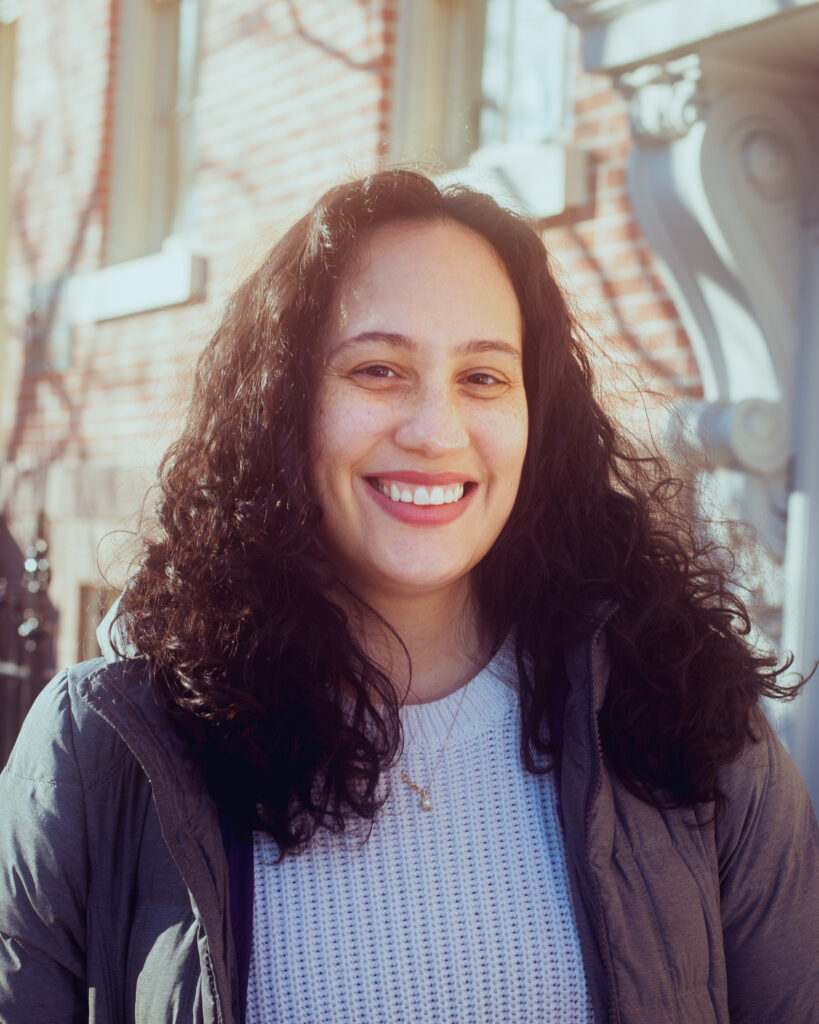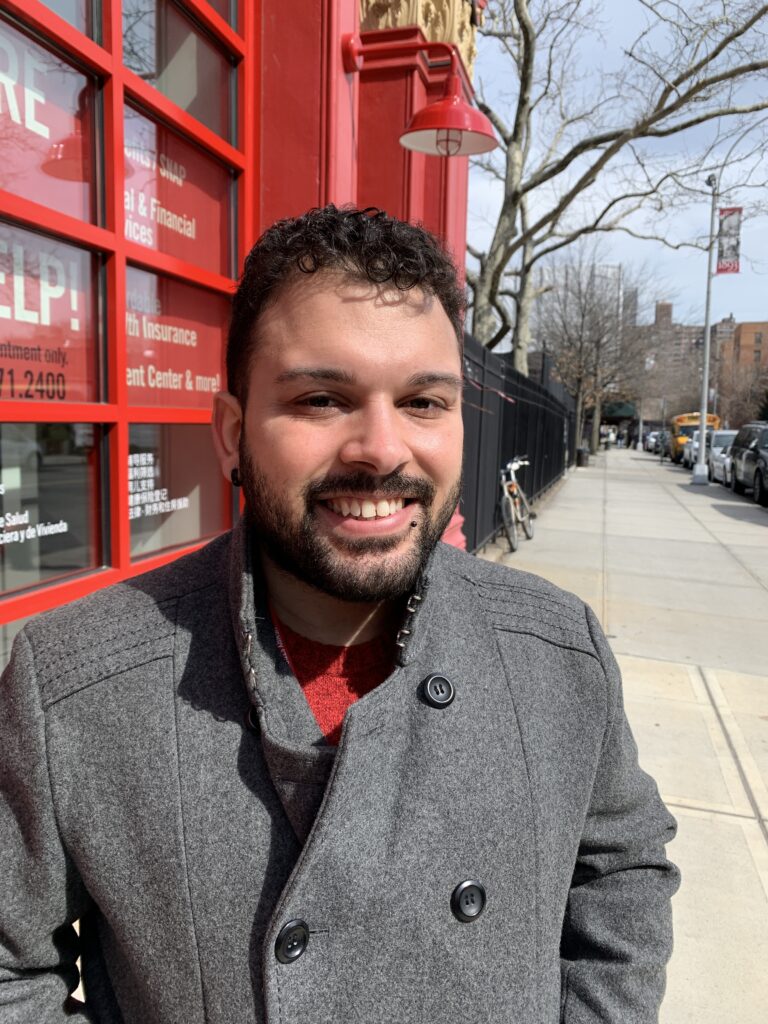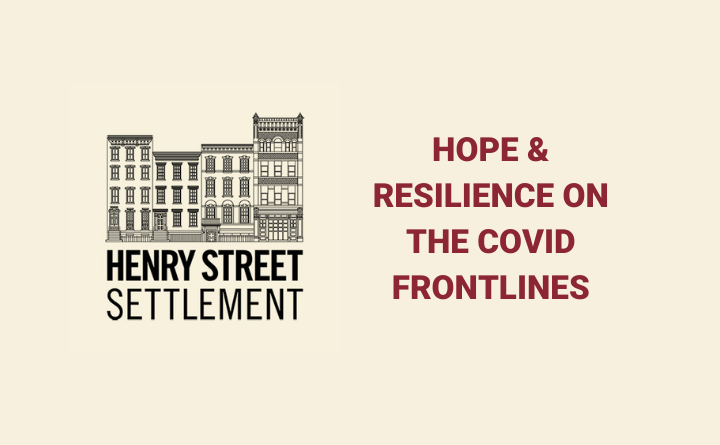Hope & Resilience on the COVID Frontlines: Henry Street Settlement
A new oral history project, “Hope & Resilience on the COVID Frontlines,” shares the experiences of Henry Street Settlement’s frontline staff, program participants, and neighborhood residents during the city’s first COVID-19 lockdown.
The online project features 13 interviews and was recorded during a time when Henry Street — a social services, arts, and health care organization serving Lower East Side residents — underwent a significant change in having to create new programs in response to community needs. By summer 2020, Henry Street had launched three food pantries, a helpline, and an emergency cash assistance program while maintaining its existing programs.
Henry Street operates some of its social service programs from NYCHA locations and serves thousands of NYCHA residents from Vladeck, LaGuardia, Baruch, Riis, Wald, Rutgers, Smith, Campos, and others throughout the Lower East Side and neighboring areas.
A culmination of 30 oral history interviews, many interviewees featured online addressed working on the frontlines, the racial justice movement, and how they personally coped while helping New Yorkers at the start of the pandemic. Jon Harper, Managing Director of the Abrons Art Center, spoke about pivoting from leading operations at the organization’s art institution to leading its emergency food response and personally delivering food to residents in Vladeck Houses. Connie Mendez, Director of Jobs-Plus at Wald and Riis, talked about growing up at NYCHA, managing a program located at a NYCHA development, and working while facing personal family struggles when her brother had COVID. Carlos Montanez, Program Manager of the Community Response Program, spoke about growing up in Vladeck, how his first job at age 14 was at Henry Street, and how the organization continues to help him and the community.

Jon Harper 
Connie Mendez 
Carlos Montanez
View the online exhibition and read more about the project at henrystreet.org/oralhistory.

